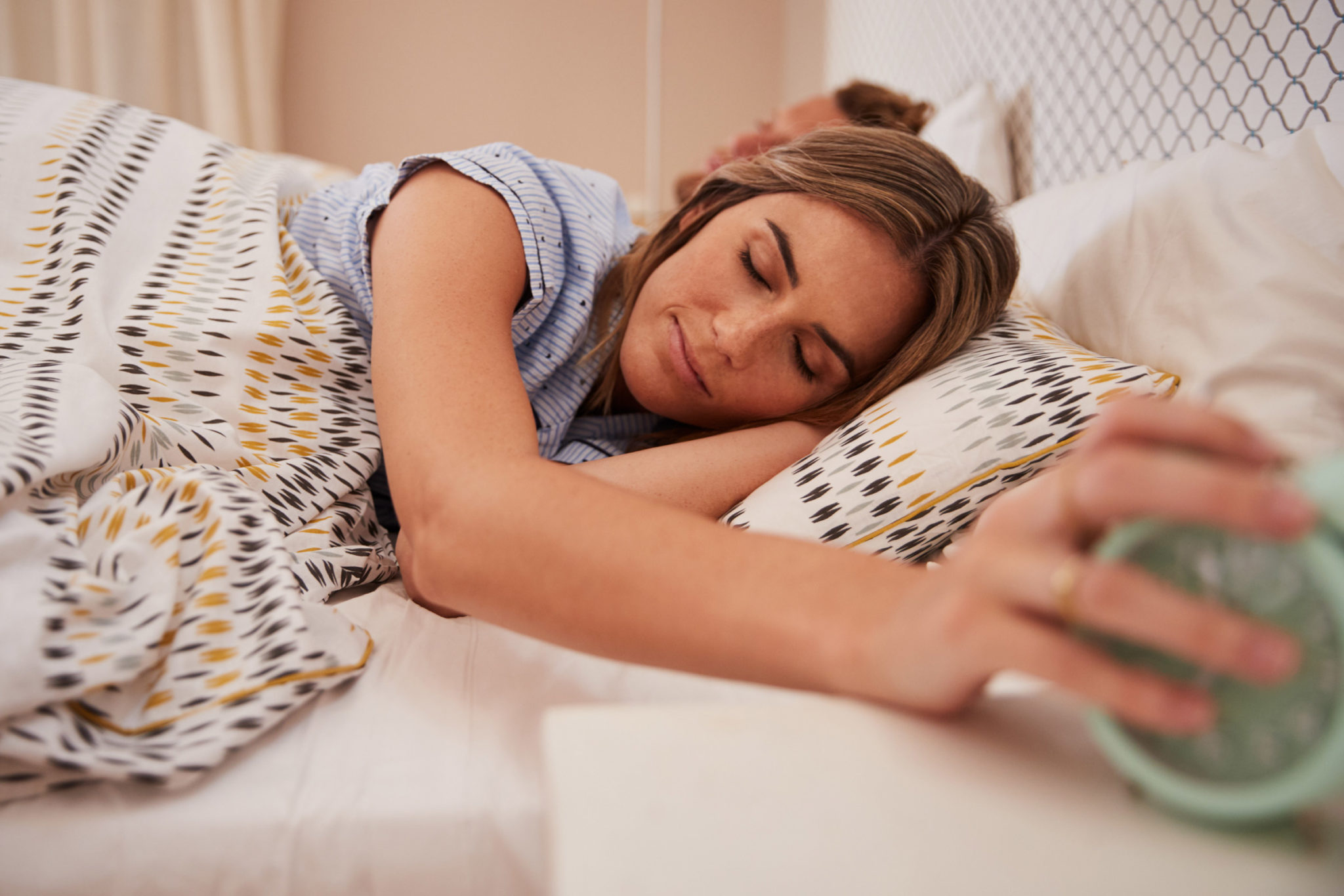
Are you getting enough sleep?
The amount of sleep you get by on day-to-day, versus the amount you really need for optimal health and wellbeing, may differ greatly. Yet many adults get less than seven hours of sleep each night – and often this is not quality sleep.
If you are someone who gets by on five or six hours of sleep each night, while that is not uncommon, it’s most likely you are not getting enough sleep. A minority of people do carry a gene which allows them to function well with just six hours of sleep each night. This is only present in 3% of the population.
So, how do you feel? Do you feel alert and energetic throughout the day? Do you experience an energetic and conscious slump in the afternoon or after a meal?
Signs you’re not getting enough quality sleep include:
- Requiring an alarm to wake in the morning
- Reliance on the Snooze button
- Having trouble waking and getting up in the morning
- Becoming sleepy or sluggish after lunch
- Needing daytime naps
- Becoming drowsy in meetings, lectures, warm rooms, or when driving
- Having trouble concentrating during the day
- Dozing on the couch after dinner while watching TV
- Falling asleep when reading
- Falling asleep very quickly after going to bed
How Many Hours of Sleep Do You Need?
Sleep requirements do vary slightly by age and between individuals, however, the average healthy adult requires between seven and nine hours of quality sleep every night. This is important for optimal physical and mental functioning. Children and teens need more; elderly people need slightly less.
According to the National Sleep Foundation, the average hours of sleep needed by age from school age are:
- Children (6-13) 9-11 hours (range 7-12)
- Teens (14-17) 8-10 hours (range 7-11)
- Young Adults (18-25) 7-9 hours (range 6-11)
- Adults (26 – 64) 7-9 hours (range 6-10)
- Seniors (over 65) 7-8 hours (range 5-9)
Seniors, in particular, frequently struggle to sleep this long each night; this deficit can be filled by having a nap during the daytime.
People need more sleep during pregnancy, illness, and as a consequence of previous sleep deprivation.
Why is Adequate, Quality Sleep so Important?
It’s not just the number of hours of sleep that you get that matters. The quality of your sleep is also critically important for your health and wellbeing.
There’s no point having a solid nine hours in bed each night if you’re lying awake, tossing and turning, or constantly waking. If you struggle to wake, rise, and shine each morning, or you are desperate for a nap by mid-afternoon, your sleep quality is likely compromised – and this can be as damaging as not getting enough hours of sleep.
The amount and quality of your sleep come down to the sleep cycles you need to experience and the purpose each serves.
- Deep sleep is important for body repair and energy buildup. Deep sleep occurs late at night.
- REM (dreaming) sleep is important for boosting the mind and mood. REM stages of sleep are longer in the morning.
Sleep deprivation leads to an array of health and wellbeing implications:
- Lethargy
- Irritability
- Moodiness
- Headaches
- Anxiety and depression
- Weight gain
- Lack of motivation and concentration
- Premature ageing
- Compromised immune function
- Increased accident risk
- Memory issues
- Increased likelihood of developing heart disease, cancer, diabetes, high blood pressure, stroke, and dementia
How Does Snoring Impact Sleep?
Snoring is one of the biggest disrupters of quality sleep in a huge number of Australians and people worldwide, and it results when the airways are compromised during sleep. This causes breathing to be inhibited and the snorer will ultimately gasp for air and wake up – even for very short periods. This disrupts natural (and important) sleep cycles.
Snoring is not only noisy, but it also disrupts sleep cycles and causes fragmented restless sleep. Up to half of regular snorers actually have sleep apnoea, a serious medical condition which results in the cessation of breathing multiple times per night.
Sleep deprivation that results from snoring has broad implications for health, wellbeing, and relationships.
Sleep partners of snorers will also experience disrupted sleep as a result of snoring.
Sleep Better with SnoreMD
SnoreMD could be your ticket to a better night’s sleep. It is an effective solution to stop snoring.
SnoreMD is a comfortable, biomedically engineered oral device which is worn in the mouth during sleep to gently reposition the lower jaw. This helps to maximise the opening of the airways and alleviate snoring.
Budget-friendly and risk-free, SnoreMD is suitable for use by all adults over the age of eighteen years.
Find out how SnoreMD can help you sleep better, feel better, and function better or visit our Sleep Help Resources page or call us on 07 5370 9323.


